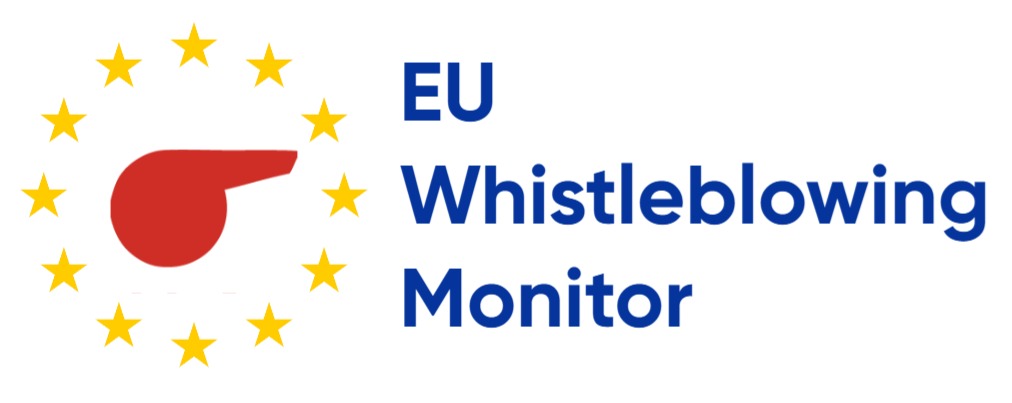Source: bundestag.de
During a public hearing of the Bundestag’s Legal Affairs Committee, experts from NGOs, academia, business associations, and the German Trade Union Confederation were invited to comment on the new draft whistleblower law known as the ‘HinSchG’.
There was a general consensus that the draft whistleblowing law represents progress for whistleblower protection in Germany. However, experts from civil society say the draft law does not go far enough.
Annegret Falter, Chair of Whistleblower Netzwerk, criticised the fact that the protection would only apply to reports of violations of certain legal norms, while gross misconduct that is not technically illegal – such as neglect in the care of the elderly – would not be covered. Falter also criticised the fact that classified information is largely excluded from the law’s material scope:
“In the government draft, the reporting of irregularities in the area of secret protection is largely excluded from the scope of protection of the draft law, and the area of national security is even completely excluded (Section 5 HinSchG-E). This is a real incentive, to “immunise” “illegal secrets” against whistleblowers by classifying them as classified information.“
Transparency International Germany called, among other things, for whistleblower protection to be triggered not only by reporting to the offices in companies and federal authorities provided for by the law, but also by reporting to the public prosecutor’s office.
Jana Wömpner from the German Trade Union Confederation (DGB) criticized the fact that the draft law protects the rights of shareholders more comprehensively than the rights of employees and works councils.
Business associations expressed fears of an excessive burden on companies. They called for more incentives for internal whistleblowing and opposed extending the law’s material scope beyond the requirements of the EU Directive.
